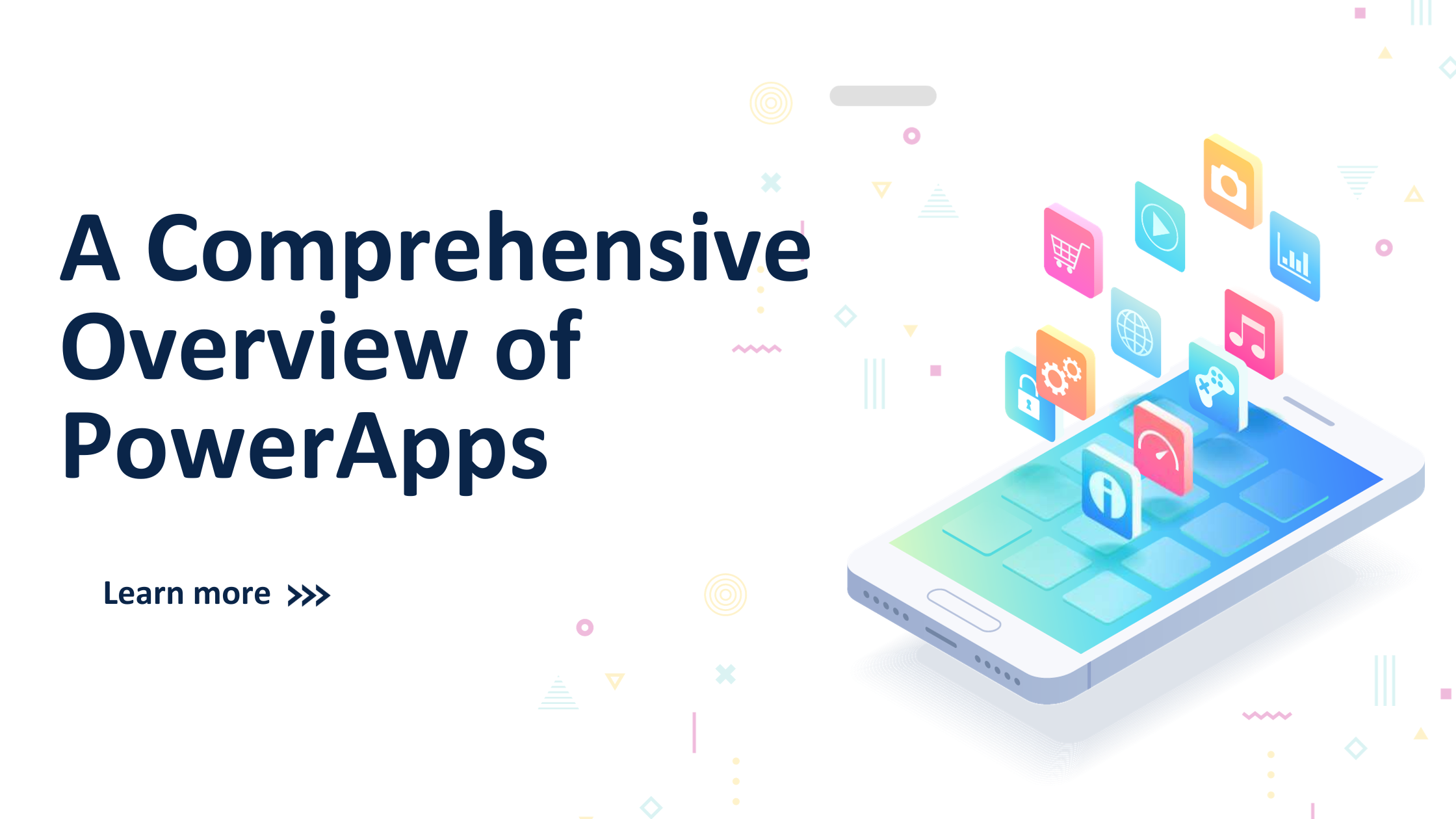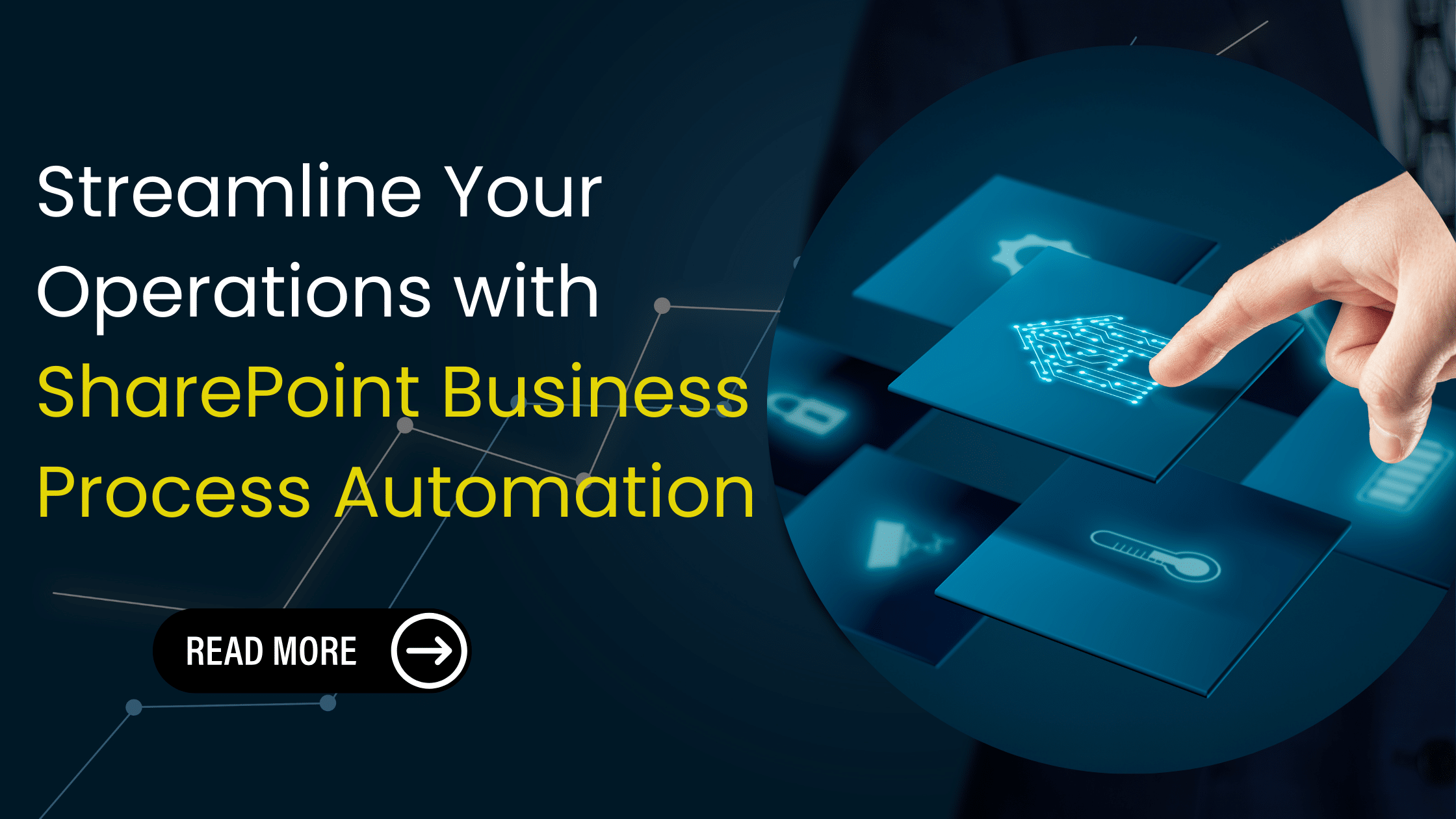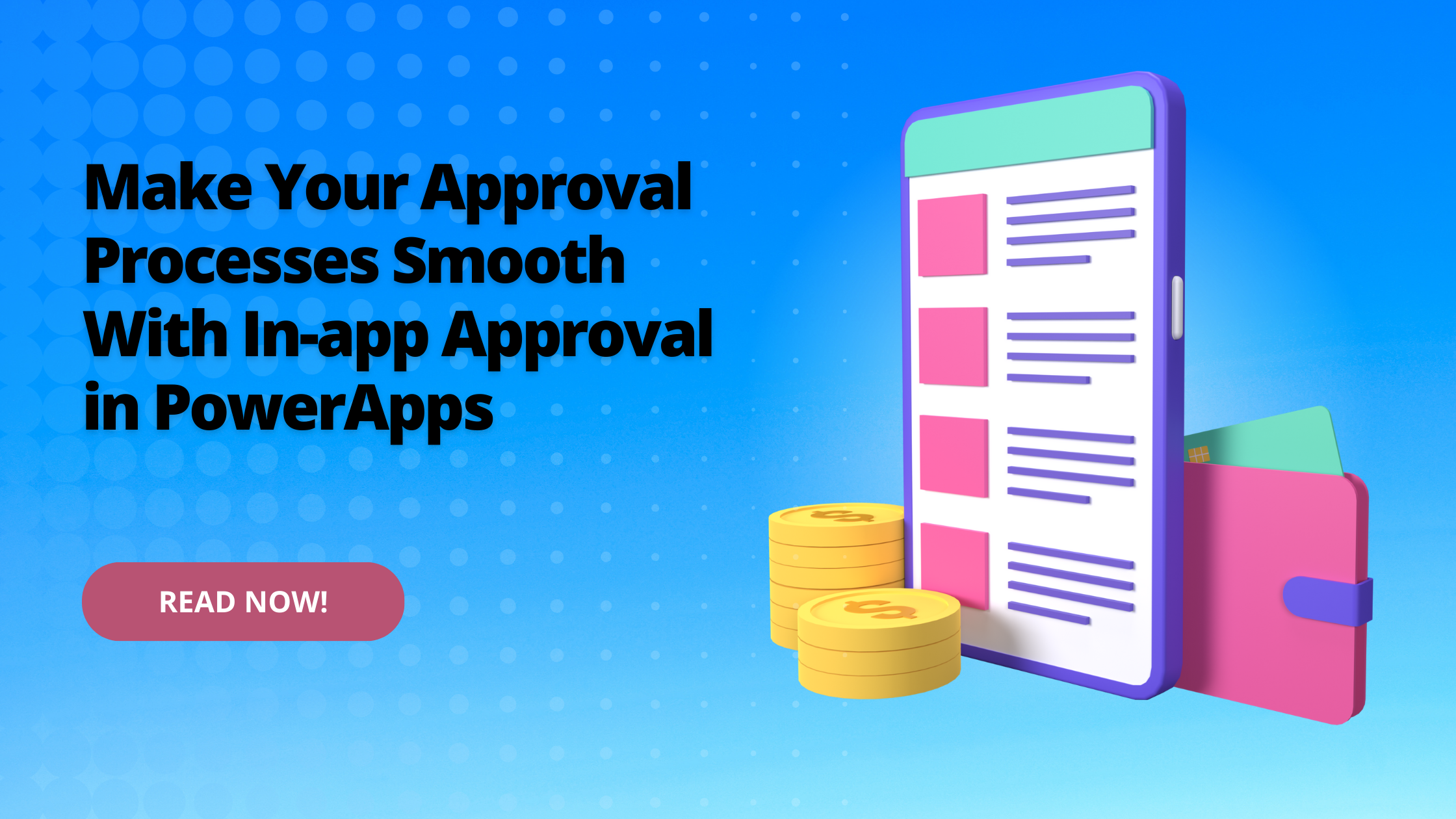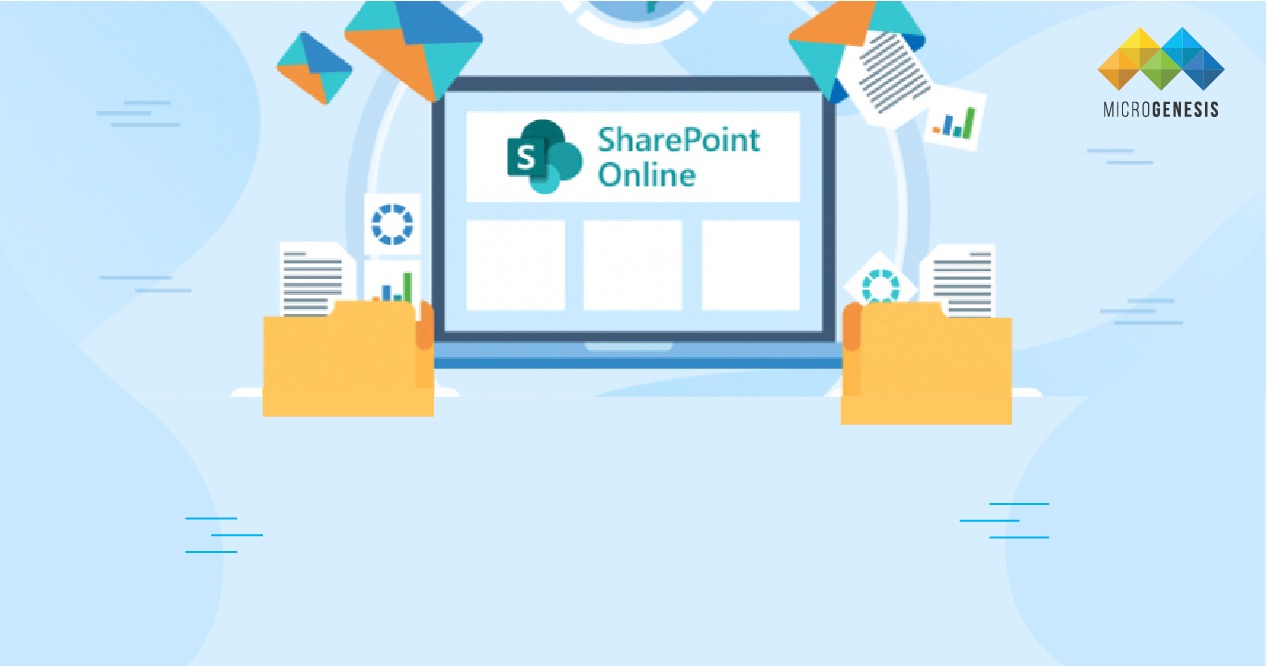Microsoft PowerApps emerges as a versatile solution, enabling users to create applications without the need for extensive coding expertise. Microsoft PowerApps is a suite of apps, connectors, and services that allows users to build custom applications tailored to their specific business needs. It empowers individuals, regardless of their technical background, to create apps that can automate workflows, connect to various data sources, and facilitate better collaboration.
This article explores the significance of PowerApps and delves into its numerous advantages that empower organizations to revolutionize their processes.
Democratizing App Development:
One of the key significances of PowerApps lies in its ability to democratize application development. Traditional app development often requires specialized skills and resources, making it challenging for non-developers to actively contribute to the process. PowerApps changes this paradigm by allowing business users, often referred to as “citizen developers,” to create functional applications, reducing the dependency on IT departments.
Rapid Application Development:
PowerApps facilitates rapid application development by offering a user-friendly interface and pre-built templates. The drag-and-drop functionality and intuitive design features significantly expedite the development process, allowing organizations to respond swiftly to changing business requirements. This agility is particularly crucial in today’s fast-paced business environment.
Integration Capabilities:
Seamless integration with other Microsoft products, such as Azure, Dynamics 365, and Power BI, enhances PowerApps’ significance. This interoperability ensures that applications can leverage existing data sources and collaborate effortlessly with other business solutions. The ability to connect to data sources, including on-premises and cloud-based systems, enhances the flexibility of PowerApps.
Advantages in PowerApps:
PowerApps is designed with a low-code/no-code approach, allowing users with varying technical backgrounds to create applications without extensive coding knowledge. This democratizes the development process and enables business users, often referred to as citizen developers, to actively contribute to application creation.
PowerApps accelerates the application development lifecycle by providing pre-built templates, a drag-and-drop interface, and a wide range of connectors. This allows for the rapid prototyping, testing, and deployment of applications, reducing the time and effort required for traditional development.
PowerApps supports a wide range of data connectors, allowing users to connect to both Microsoft and third-party data sources. This flexibility enables organizations to leverage their existing data investments and incorporate data from diverse sources into their applications.
The responsive design features of PowerApps ensure that applications created are mobile-friendly by default. This is crucial in a world where mobile devices play a central role in business operations. PowerApps applications can be accessed and used seamlessly on a variety of devices.
Also Read: Make Your Approval Processes Smooth With In-app Approval in PowerApps
Challenges in PowerApps:
As the complexity of PowerApps applications increases, there might be performance issues, especially when dealing with large datasets. Users need to optimize their applications to ensure smooth performance across various devices.
Managing and controlling user access to PowerApps and the underlying data sources can be challenging. Ensuring that only authorized users have access to specific applications and data is crucial for maintaining security.
While PowerApps offers cost-effective solutions, organizations need to carefully consider licensing costs, especially as usage scales. Premium features and capabilities including connection to premium data source like Dataverse or premium connectors may require premium licensing, impacting the overall cost-effectiveness of the platform. Premium license for a user costs Rs 1570 which allows unlimited Power Apps and Power Pages for assigned user.
MicroGenesis aids organizations in utilizing Microsoft PowerApps, providing expert guidance in app development and overcoming its challenges. They help democratize app creation, enabling users with varied technical skills to develop functional apps efficiently. With their support, businesses can rapidly prototype and deploy applications, integrate with various data sources, and ensure applications are mobile-responsive and secure. Additionally, MicroGenesis assists in navigating licensing complexities, ensuring cost-effective use of PowerApps.




